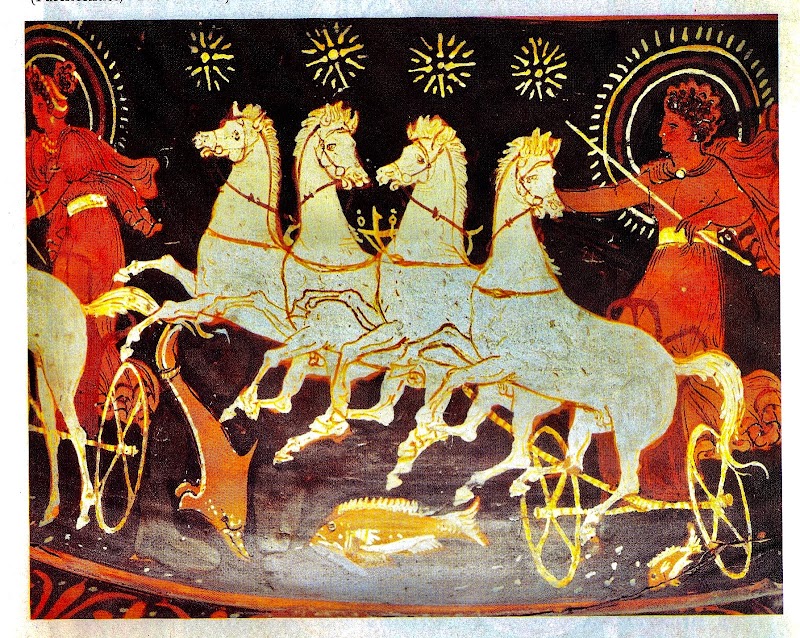by EVAGGELOS VALLIANATOS

August-September 2020 marks the 2,500-year anniversary of the battle of Salamis the Greeks fought and won against the vast invading Persian army of Xerxes. The decisive naval battle took place in the waters between the tiny island of Salamis and the coast of Athenian Attica in late September 480 BCE.
The anger of Xerxes
The Persian king Xerxes was the son of Darius who in 490 BCE had failed to conquer Greece. Xerxes embarked on the second invasion of Greece to revenge his father’s humiliating defeat. He wanted to settle scores.
Xerxes could not handle reality. He was infuriated that small Greek poleis (city-states) in the Ionian region of Asia Minor, which he claimed to be part of his empire, remained independent.
These Greek states sought and received military assistance from Athens. Moreover, Athens did more than expel the Persian forces from the Ionian Greek city states. It invaded Persia and burned down Sardis, a provincial capital.
Xerxes hated Athens. He spent four years marshalling the vast resources of his empire in preparing for war against Athens and Greece.
Xerxes was an absolute despot ruling over a large multinational empire. He did not think he had any bounds, moral or political. His strategy was to crush Athenians and all other Greeks.
What would happen if Phoenicians and Egyptians and dozens of other occupied nations imitated the Ionian Greeks and the Athenians?
Persian despotism smashed at Salamis
The Greek historian Herodotos who wrote the history of the Persian Wars said the Persian kings thought their empire was the largest on Earth. Xerxes in particular was so mad he believed the territories of Persia ended in the sky. That way, he said, the Sun will not shine on any land but those belonging to Persia (The Histories 7.8). The hubris and megalomania of Persian kings engulfed them head to toe.
Vallianatos for more
